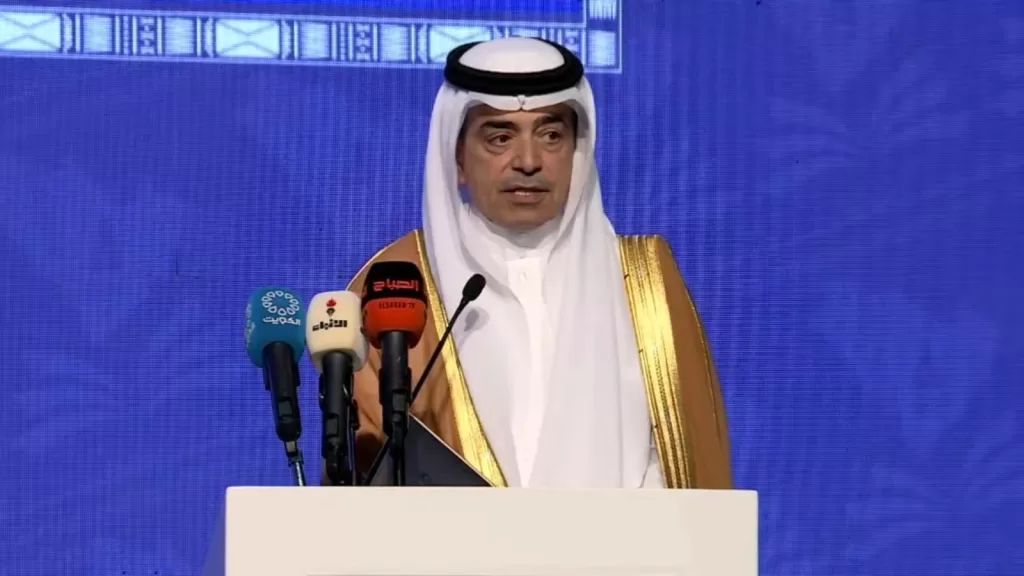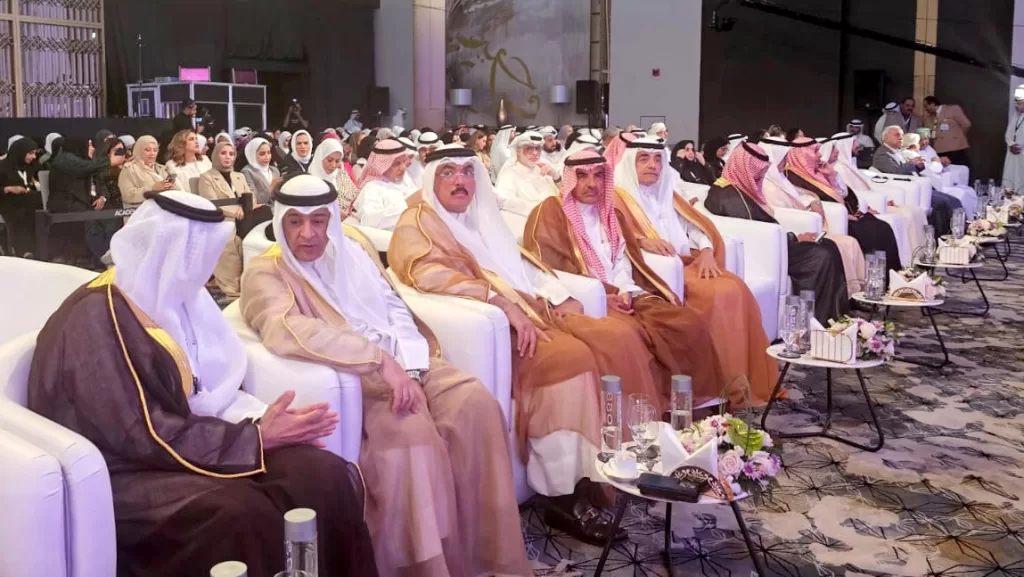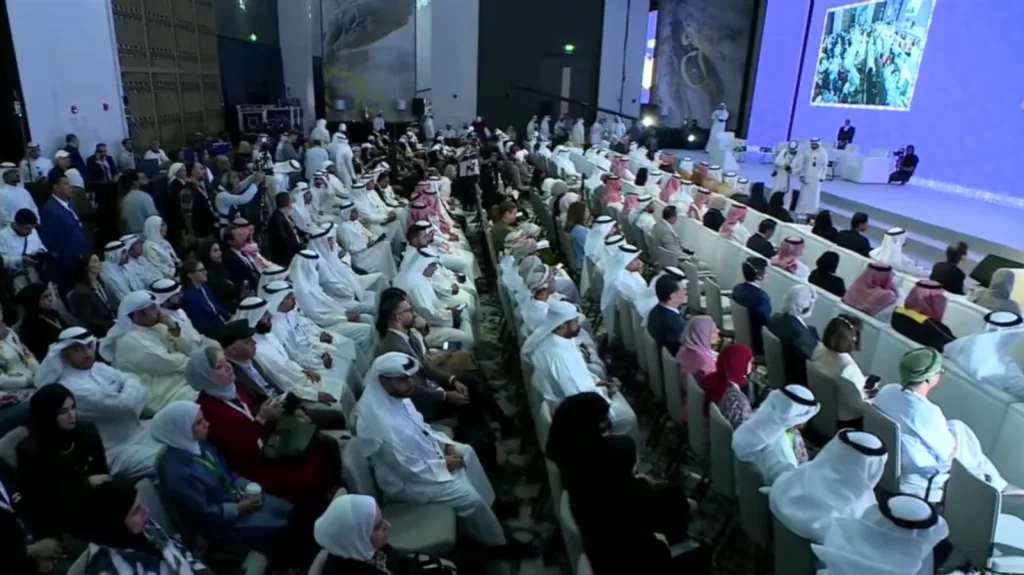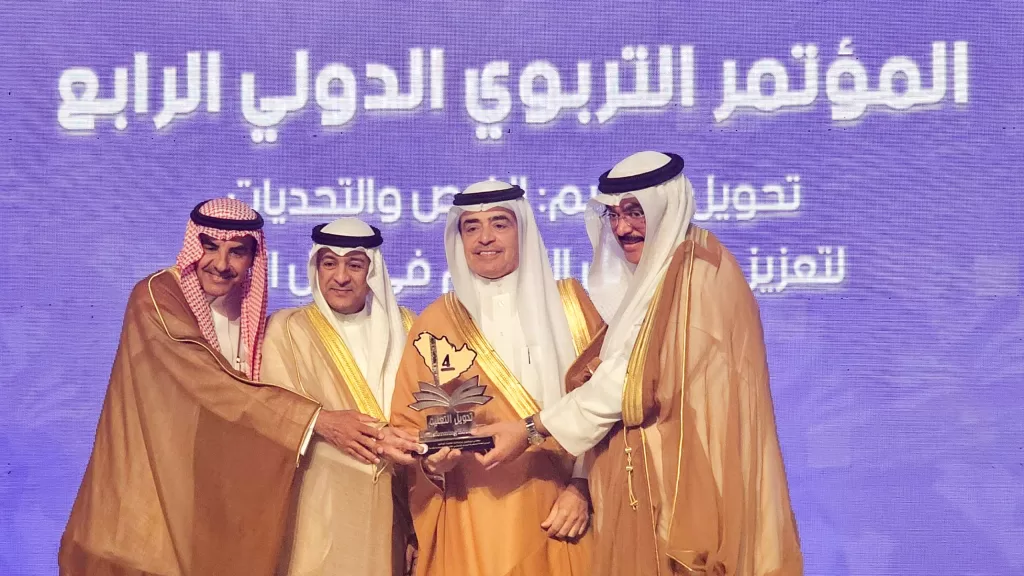
ICESCO Calls for Reassessment of Education Reforms to Meet Modern Needs

5 November 2024
Dr. Salim M. AlMalik, Director-General (DG) of the Islamic World Educational, Scientific and Cultural Organization (ICESCO), emphasized that the profound transformations currently shaping global society demand an unprecedented focus on advancing and modernizing educational systems, policies, and orientations. These changes, driven by the emergence of knowledge economy, rooted in intellectual capital and the rapid evolution of artificial intelligence with its implications for education, call for a comprehensive evaluation of the education reforms undertaken over the past two decades, discarding elements no longer aligned with the needs of the modern era.
This statement was made as part of the DG’s address today, Tuesday, November 5, 2024, during the opening session of the Fourth International Educational Conference, titled “Transforming Education: Opportunities and Challenges to Enhance the Future of Education in the Gulf Countries.” Organized by the Gulf Arab States’ Educational Research Center, under the Arab Bureau of Education for the Gulf States, the two-day conference in Kuwait City is held under the patronage of Kuwaiti Minister of Education Eng. Sayed Jalal Al-Tabtabaei. The Event is attended by heads of academic institutions, international and regional organizations that focus on education, and a selection of esteemed international experts.

Dr. AlMalik highlighted that advancing education in the Gulf requires consideration of several key factors, including the demographic impact of the education sector, with students making up 17% of the population, and the need to reevaluate reform methodologies, especially as Gulf studies have questioned the effectiveness of imported curricula as substitutes for national efforts. He stressed the importance of developing a new educational thinking that embraces the philosophy of digital transformation and addresses digital literacy challenges.
He also noted the critical role of the family in the educational process, acknowledging the unique cohesiveness of families in the Gulf region, and the central role of teachers. Furthermore, Dr. Al-Malik commended Gulf countries on their achievements in teacher training and development.

Moreover, ICESCO Director-General recognized significant disparities in the quality of education among Islamic countries, while praising the Gulf states for supporting educational systems in less developed nations. He urged further collaboration with ICESCO to assess the educational needs of the Islamic world, leveraging the Organization’s in-depth knowledge of its Member States’ conditions.

Dr. AlMalik concluded by encouraging a thorough review of the UN questionnaire on transforming education, suggesting its adaptation to the Region’s educational and cultural framework in order to glean important insights.
At the close of the Conference’s opening session, Dr. Salim M. AlMalik was honored with the Conference’s commemorative shield, presented by Dr. Abdulrahman Al-Assimi, DG of the Arab Bureau of Education for the Gulf States, in the presence of Mr. Jasem Mohamed AlBudaiwi, Secretary-General of the Gulf Cooperation Council, and Engineer Sayed Jalal Al-Tabtabaei, the Kuwaiti Minister of Education.




